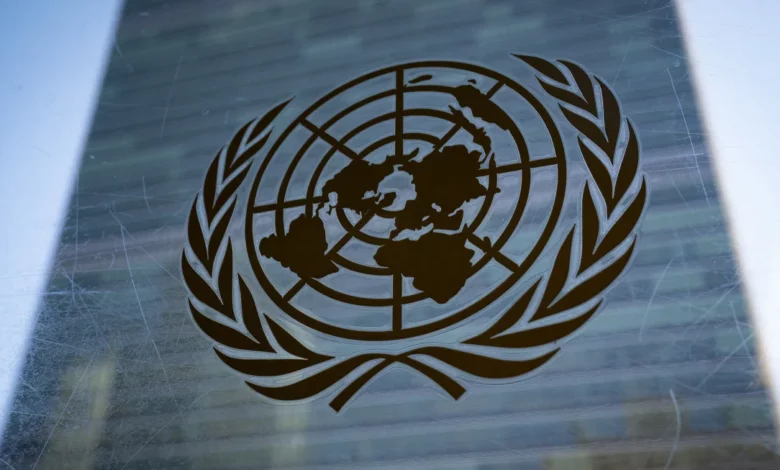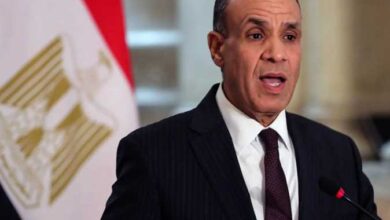
Minister of Foreign Affairs and Emigration Badr Abdelatty held a meeting on Saturday 3/5/2025 with the heads of United Nations regional offices in Cairo.
He praised the longstanding partnership between Egypt and the UN.
Abdelatty highlighted Egypt’s commitment to providing all necessary support to the UN offices in Cairo, as well as the programs and activities they implement.
The meeting discussed ways to strengthen the role of UN organizations and agencies in Egypt in light of current regional and international challenges and how to achieve synergy between the work of these organizations and ensure their sustainability.
The conversation also addressed the importance of UN organizations in supporting Egypt’s development priorities, including the issue of water scarcity and the sustainable management of water resources, education, vocational and technical training, promoting the use of technology for educational purposes, and other priorities outlined in the Egypt Vision 2030.
Abdelatty reaffirmed Egypt’s commitment to the principles of the United Nations Charter, outlining the leading role Egypt has played under the UN umbrella and its main agencies over the decades.
This reflects Egypt’s firm belief that multilateral action is the optimal approach to addressing the current international challenges.
He commended the humanitarian and development activities carried out by the United Nations, which remain essential and impactful for developing countries, particularly those affected by conflicts.
He emphasized the importance of having regional offices in Egypt not only to support Egypt’s development priorities but also to help communities accommodate migrants and refugees.
He noted that Egypt hosts over 10 million migrants, refugees, and asylum seekers, which places an additional strain on the country’s resources.
He also expressed Egypt’s deep appreciation for the wise leadership of UN Secretary General Antonio Guterres, highlighting Egypt’s recognition of Guterres’ support for the Arab-Islamic plan for the reconstruction of Gaza, which includes urgent humanitarian relief measures, early recovery, and reconstruction while ensuring the presence of Palestinians in their land.
He referred to ongoing consultations between Egypt and the United Nations to prepare for an international conference to support this plan.
In this context, Abdelatty condemned Israeli policies that aim to undermine the humanitarian situation in Gaza by deliberately preventing humanitarian aid from entering the region for more than two months and using starvation as a systematic policy and tool for collective punishment.
He reiterated Egypt’s firm position that the work of the United Nations Relief and Works Agency for Palestine Refugees in the Near East (UNRWA) is indispensable and irreplaceable under current circumstances.
He also condemned the Israeli airstrike on the area adjacent to the presidential palace in Damascus, in a further violation of Syria’s sovereignty and territorial integrity, warning of the serious risks posed by Israeli policies in the region, which are exacerbating the regional situation.




